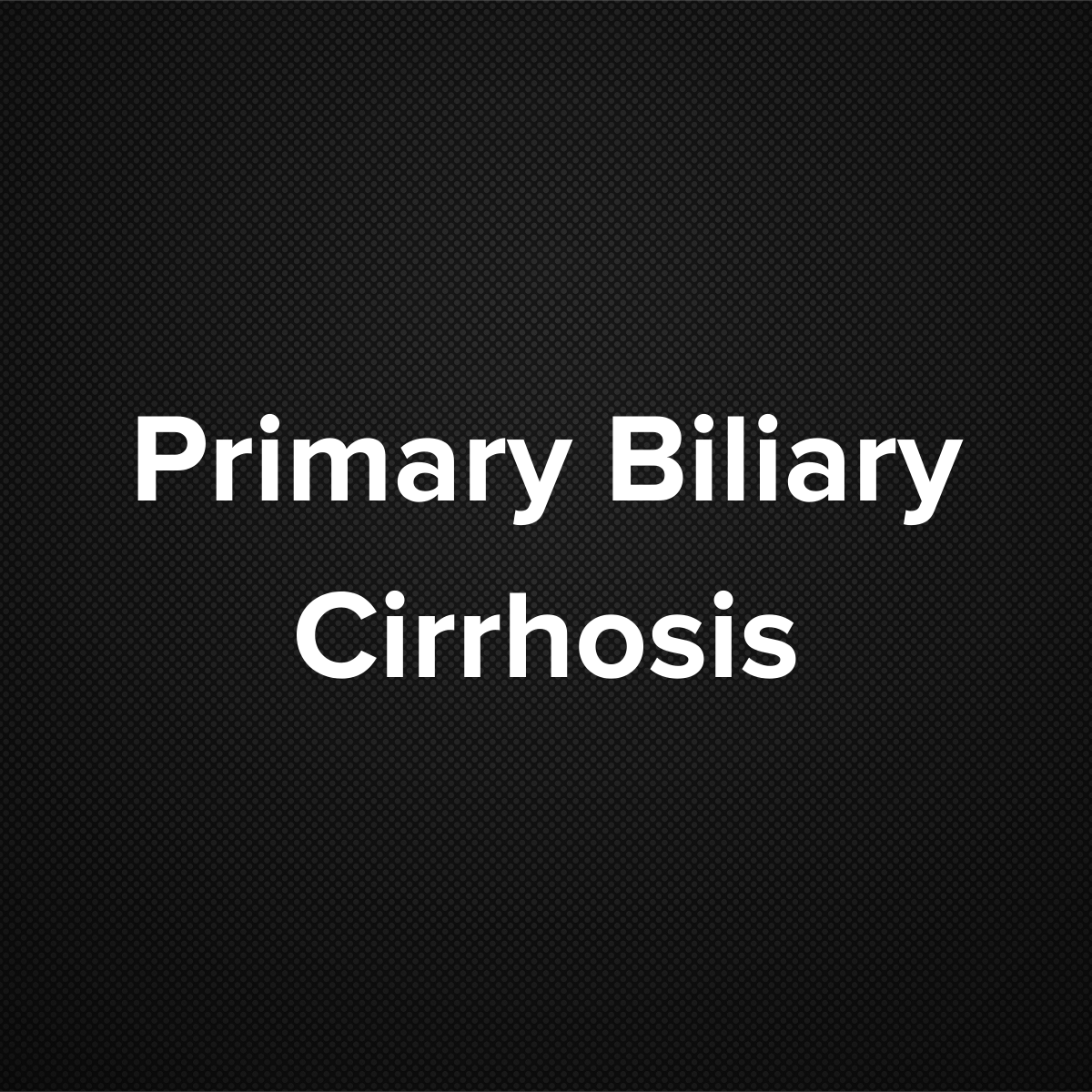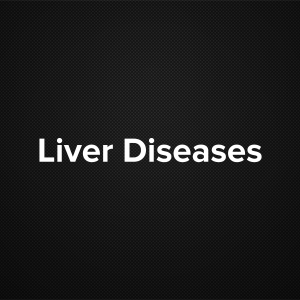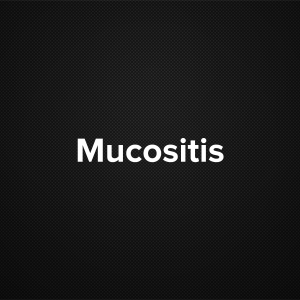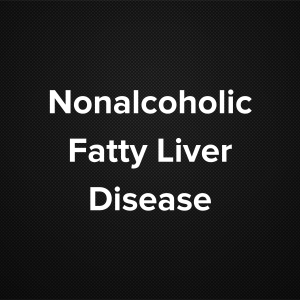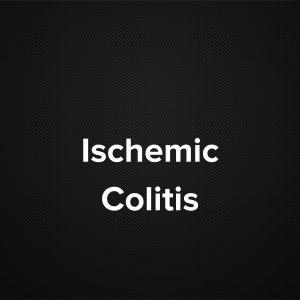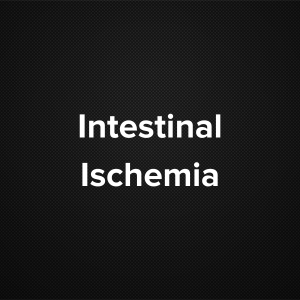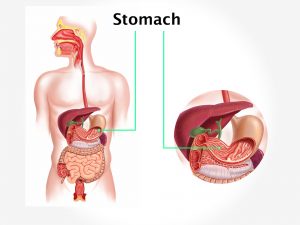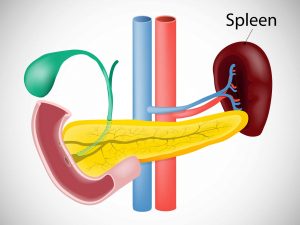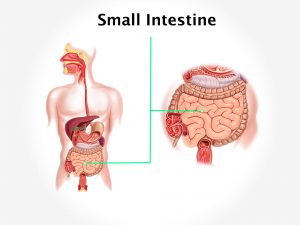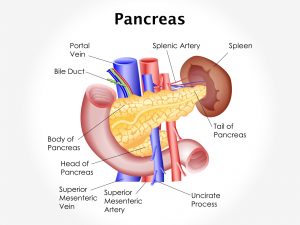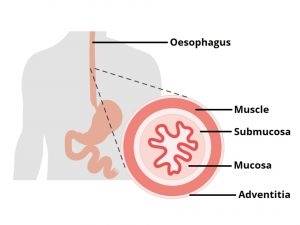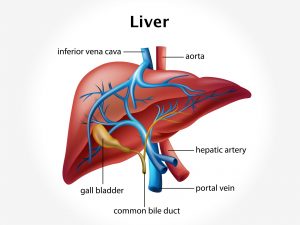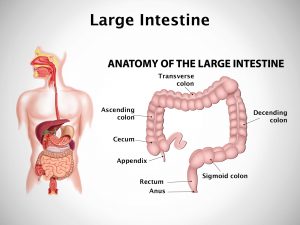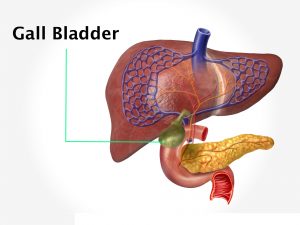Causes and risk factors
Exact cause is unknown of Primary biliary cirrhosis. It is caused due to defect in the immune system. The T cells or T lymphocytes in blood which are part of immune mechanism are responsible for defence against harmful organism entering the body. In PBC, T cells start destroying the cells lining small bile ducts in the liver. This produces inflammation of the ducts. It also destroys adjacent cells in liver. The destroyed cells are replaced by scar tissue [fibrosis] which leads to cirrhosis. Risk factors for PBC are that it is common in siblings. It is not hereditary but is seen to occur if one of the family members is affected.
Clinical presentation
As the disease is slow in progress most of the time the patient is asymptomatic. But some may present with itchy skin, yellowness of skin and sclera [ jaundice], hyper pigmentation which is not due to sunburn, dryness of mouth and eyes, fatigue, pain and discomfort in right side of liver, greasy diarrhoea, fluid retention i.e. ascites or pedal oedema, fat deposits under the skin, eyes.
Investigation
Medical history by the patient and Clinical examination by the doctor helps in diagnosis. Blood investigations involving liver function test, AMA may reveal PBC. USG, MRI, CT scan may be done for further investigations. Liver tissue biopsy helps to know the extent of cirrhosis.
Treatment
Treatment aims for symptomatic relief and avoiding complications. Ursodeoxycholic acid [UDCA] is considered first line of treatment which delays the progress of disease. Liver transplant is the last resort for PBC. Medications for pruritus may be advised. Deficiencies related to PBC can be treated with supplements such as calcium or vitamin supplements.
Other Modes of treatment
The other modes of treatment can also be effective in treating PBC. Homoeopathy is a science which deals with individualization considers a person in a holistic way. This science can be helpful in combating the symptoms. Similarly the ayurvedic system of medicine which uses herbal medicines and synthetic derivates are also found to be effective in treating PBC.
Recent update
A new drug is introduced for treatment of PBC called obeticholic acid [OCA]. It is found to be effective in lowering the levels of alkaline phosphatise and other liver enzymes which are raised in PBC.
